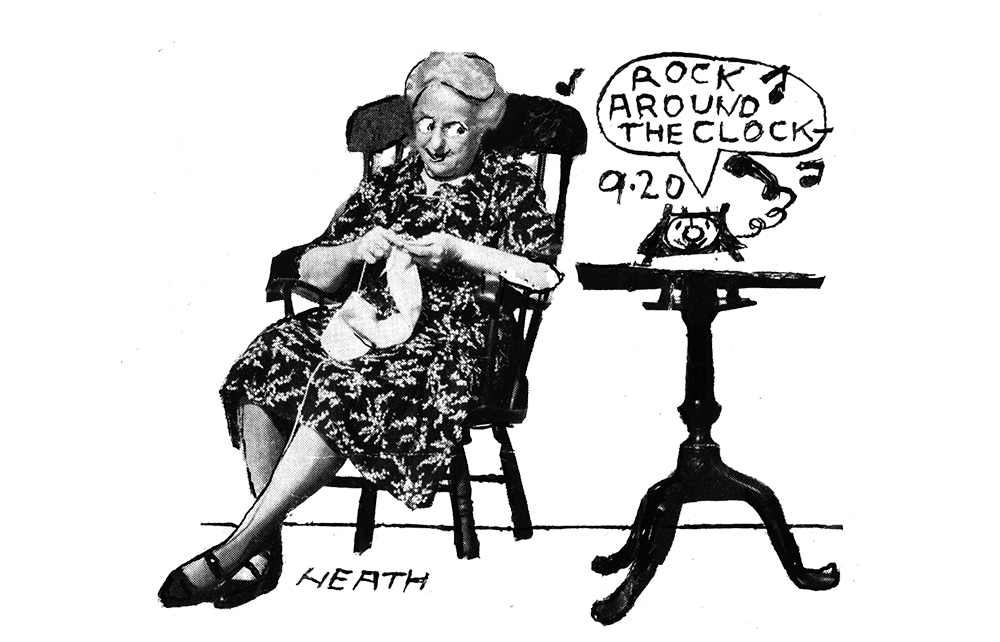Ask young people today if they know that they can dial a number to hear the time and you would probably be met with blank stares. Why would you pay to phone a speaking clock when the time is right there in front of you on your watch or phone screen?
However, if you were young in bygone days you may have memories of getting parental permission to phone ‘TIM’ and hear somebody telling the time… precisely. In fact, every year millions of people still phone this service – now the BT Speaking Clock – almost 90 years after its introduction.
It was launched by the Post Office on 24 July 1936 and was aimed at folk who did not have a clock or watch to hand. Before that you had to phone the exchange operator to settle any dispute as to what the correct time was and, of course, mechanical timepieces were not always reliable. The Speaking Clock is a very accurate service indeed, to within five milliseconds (5/1000th of a second). Even Big Ben takes its time from it.
The service was originally accessed by dialling 846, which coincided with the letters T.I.M. – giving it its colloquial name. However, this code was only used on the telephone systems for the major cities. Other numbers were 952, followed by 80 and 8081 until it was standardised as 123 in the early 1990s. Calls to the Speaking Clock increase on four very time-sensitive days: as midnight approaches on New Year’s Eve; when the clocks change in March and October; and on Remembrance Sunday for the two-minute silence.
Nowadays other services are available but the BT Speaking Clock remains an emblem of accuracy and one that still uses a real voice. The first ‘golden voice’ belonged to Ethel Jane Cain, an exchange operator for Croydon. Unfortunately a slight speech impediment was detected at the end of some sentences and apparently it took months to eradicate this from the glass discs on to which her voice was recorded. The other permanent voices have belonged to Pat Simmons 1963-1985; Brian Cobby 1985-2007; Sara Mendes da Costa 2007-2016; and, well… me.
I have had that privilege since 9 November 2016 after I entered and won a competition run by BT and the BBC for Children in Need. I have the first Scottish voice and, as is the trend these days, it is somewhat removed from the Received Pronunciation of previous ones.
The recordings took place over two sessions at the BT Tower in London and although the technology bore no resemblance to that in 1936, the script was remarkably similar. It was broken up into segments of hours, minutes and seconds and the well-known phrases of ‘at the third stroke’ and ‘precisely’ were of course still there.
Eight years on, I’m still asked for the time when out and about and I’m sure there are those who think that I tell the time, live, every day. I’ve been asked if I’m having a day off or if someone else is covering for me as I make my way round the supermarket. A personal favourite: ‘This speaking clock job – what are the hours like?’ It’s even been suggested that my epitaph should read ‘At the third stroke…’.







Comments